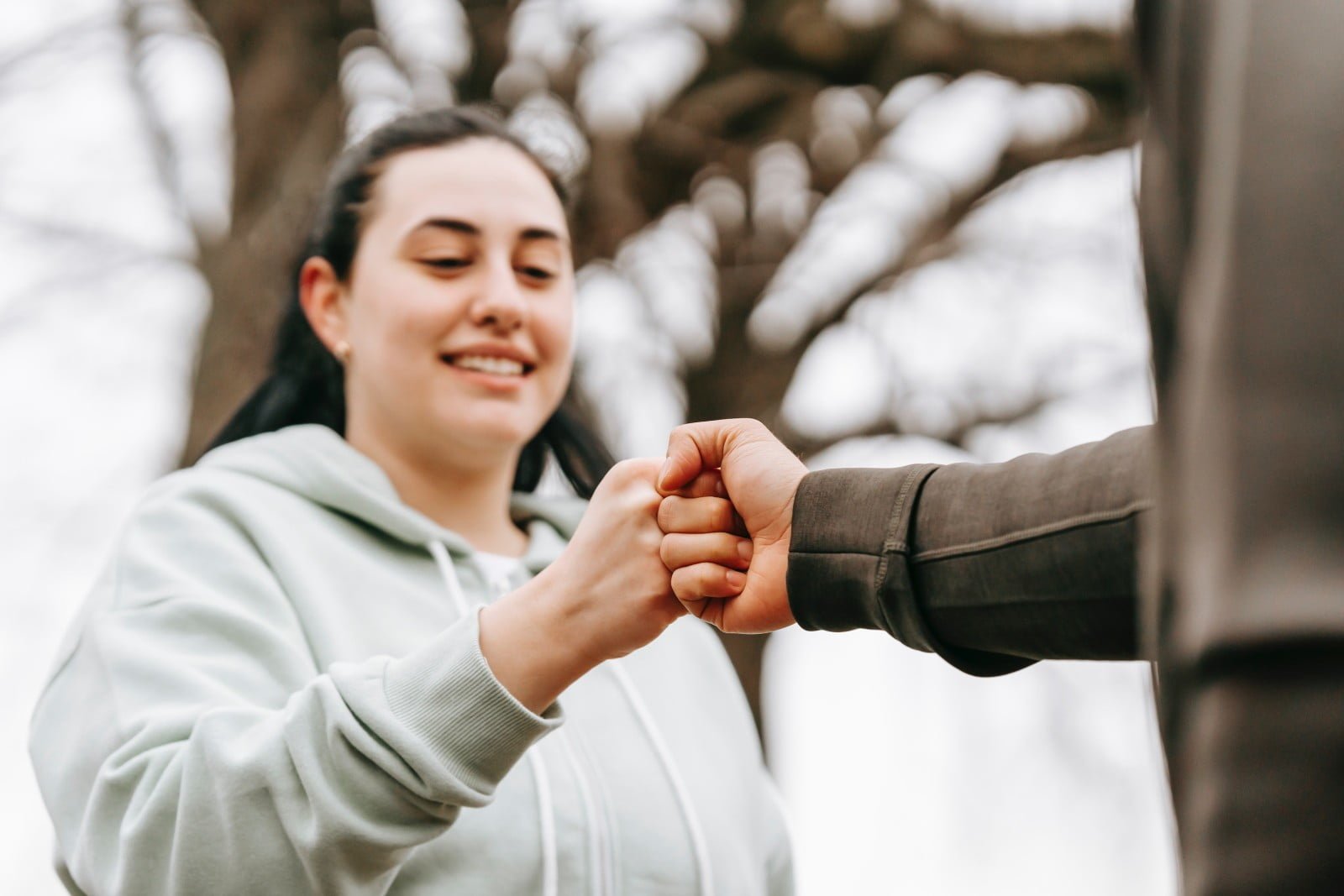If you suspect that someone you care about is struggling with drug addiction and depression, it can be tough to know how to help. These are both serious conditions that require professional treatment, but there are some things you can do to support your loved one through their journey.
In this article, we’ll discuss the difference between drug addiction and depression, how to be supportive without enabling, and what resources are available for treatment. We’ll also talk about the importance of follow-up care after treatment is complete.
The First Step Is To Understand The Difference Between Drug Addiction And Depression.
It’s important to understand the difference between drug addiction and depression so that you can provide the appropriate support. Depression is a mental illness that is characterized by feelings of sadness, emptiness, or hopelessness. Drug addiction is a physical dependence on a substance, typically illegal drugs. The two conditions are often confused because they both involve low moods and can lead to similar behaviors.
It’s Important To Be Supportive And Understanding.
It’s important to be supportive and understanding when helping someone with drug addiction and depression. Active listening and respect are crucial, as is being patient and offering help without enabling the person’s addiction or depression.
Addiction and depression can take a toll on both the individual and their loved ones. It can be difficult to watch someone you care about struggle, but it’s important to remember that addiction and depression are illnesses – not choices. It’s also important to remember that recovery is possible. With treatment, time, and support, people can and do get better.
If you’re worried about someone you care about, the best thing you can do is talk to them about your concerns. Show them that you’re there for them, and offer your support. Help them find resources and information about treatment options, and encourage them to seek professional help if they’re struggling.
You can’t force someone into treatment, but you can offer your support and let them know that you’re there for them no matter what they decide.
Be Patient And Don’t Enable Them.
It can be difficult to see a loved one struggling with addiction or depression, but it’s important to remember that recovery is possible. With treatment, time, and support, they can get back on track.
Help Them Find Professional Help.
It’s important to find professional help for someone with drug addiction and depression. The first step is to find an accredited addiction treatment facility that offers evidence-based treatments. There are many free or low-cost addiction treatment options available.
You can search for accredited addiction treatment facilities here:
When looking for an addiction treatment facility, it’s important to make sure that they offer evidence-based treatments. Evidence-based treatments are those that have been proven to be effective through research. Some examples of evidence-based treatments for addiction include behavioral therapy, cognitive behavioral therapy, and 12-step programs.
It’s also important to choose a facility that is accredited. Accreditation means that the facility has met certain standards of quality and safety.
You can learn more about accreditation here:
Once you’ve found an accredited addiction treatment facility that offers evidence-based treatments, the next step is to reach out to them and ask about their admissions process. Addiction treatment facilities typically have an intake coordinator who can help you figure out what kind of insurance coverage you have and what kind of treatment options are available to you.
Follow Up With Them And Continue To Be Supportive.
After your loved one has completed treatment for drug addiction and depression, it is important to follow up with them to see how they are doing. You can encourage them to stay involved in support groups or therapy, and be there for them when they need to talk. You can also celebrate their accomplishments with them to show that you are proud of their progress. Let them know that you are always available to help in any way you can.
Conclusion
The conclusion of this article discusses the importance of understanding the difference between drug addiction and depression. It also emphasizes the importance of finding professional help for someone suffering from either condition.
Depression is a serious mental illness that can lead to drug addiction. If you suspect that someone you know is suffering from depression, it is important to get them help from a professional. Drug addiction is a serious problem that can have devastating consequences. If you know someone who is struggling with drug addiction, there are many resources available to help them.
If you or someone you know is struggling with drug addiction or depression, there is help available. You are not alone.
Last Words Of Authors
As the author of this article, I want to emphasize the importance of understanding the difference between drug addiction and depression. Depression is a mental illness that requires professional help to treat, while drug addiction is a physical dependence on a substance that needs to be addressed through detoxification and rehabilitation. Once you have a clear understanding of the issue, you can then start to look for professional help. This can be done by contacting a local rehabilitation center or by searching online for resources. It is important to be there for the person as a support system, but it is just as important not to enable their addiction. Help them find a treatment program that fits their needs and that will give them the best chance at recovery.
FAQ
The most common signs of drug addiction are changes in mood, sleep patterns, loss of interest in activities, and changes in appearance. The most common signs of depression are feelings of sadness, hopelessness, irritability, and fatigue.
Some effective treatments for drug addiction include detoxification, rehabilitation, and 12-step programs. Some effective treatments for depression include therapy, medication, and self-care.
Loved ones can help someone with drug addiction by being supportive and understanding. They can also help by providing resources and information about treatment options. Loved ones can help someone with depression by being supportive and understanding. They can also help by providing resources and information about treatment options.
Reference:
- https://pib.gov.in/newsite/printrelease.aspx?relid=114405
- https://pib.gov.in/newsite/printrelease.aspx?relid=114405
- https://www.mind.org.uk/information-support/types-of-mental-health-problems/recreational-drugs-alcohol-and-addiction/helping-someone-with-drug-and-alcohol-problems/
Read Also







